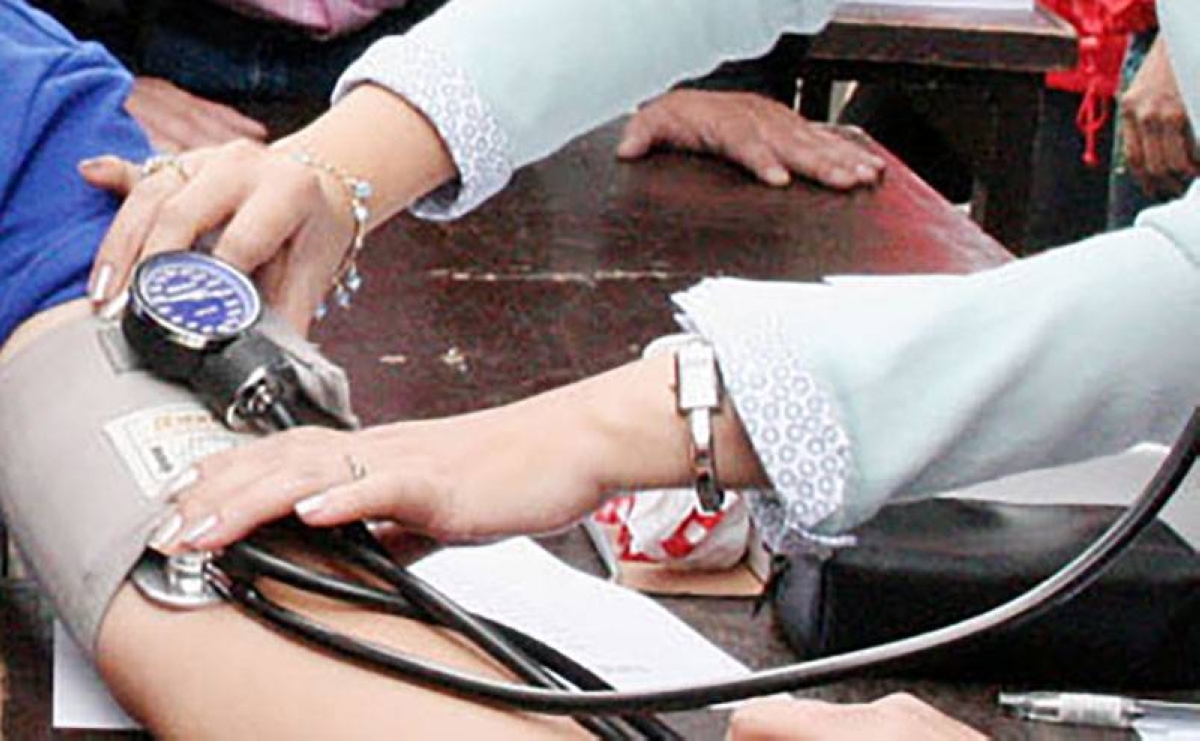About 385 million people in the Western Pacific region are facing “catastrophic” spending on health care, according to a report released by the World Health Organization (WHO) on Monday. The report, titled “Progress towards universal health coverage: Monitoring financial protection in the Western Pacific region,” highlights the increasing burden of out-of-pocket health expenses on families in the region.
The report reveals that while access to essential health services, such as the management of infectious diseases, has improved over the past two decades, the financial strain on families in the Western Pacific has also grown. In 2000, one in 10 people in the region incurred out-of-pocket health care spending. Shockingly, by 2017, this proportion had increased to one in five.
What exactly is catastrophic health spending? It is defined as out-of-pocket (OOP) spending on health that exceeds 10 percent of the household budget. This means that a significant number of families in the Western Pacific are forced to make difficult choices between seeking life-saving care and providing for their basic needs.
Dr. Zsuzsanna Jakab, WHO’s acting regional director for the Western Pacific, emphasizes the urgency of addressing this issue. She states, “No person should have to choose between whether to seek life-saving care or feed their family. To achieve universal health coverage for all people in the region and reduce catastrophic health spending, it is critical that governments prioritize investments in health and implement effective policies to protect the poorest and most vulnerable.”
Universal health coverage (UHC) is the goal of ensuring that all individuals have access to quality health services without facing financial hardship. It means that people can receive the care they need, when and where they need it, without worrying about the cost. All countries have committed to achieving UHC as part of the Sustainable Development Goals (SDG 3).
The report highlights that medicines are one of the primary drivers of out-of-pocket health spending in the Western Pacific. This aligns with global trends where the rising costs of medications have become a significant concern for individuals and healthcare systems alike.
It is crucial for governments in the Western Pacific region to take immediate action to address this growing crisis. Investing in health and implementing effective policies to protect the most vulnerable populations are essential steps towards achieving universal health coverage and reducing catastrophic health spending.
By addressing the underlying factors driving high out-of-pocket health expenses, such as the cost of medicines, governments can alleviate the financial burden on families and ensure that everyone has access to the care they need. This will not only improve the health and well-being of individuals but also contribute to the overall development and prosperity of the region.
The WHO report serves as a wake-up call to policymakers, urging them to prioritize health and take concrete steps towards achieving universal health coverage. Only through collective efforts and sustained commitment can we ensure that no one is left behind when it comes to accessing essential health services.







